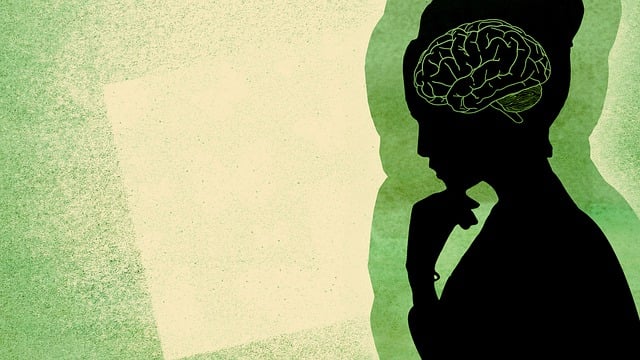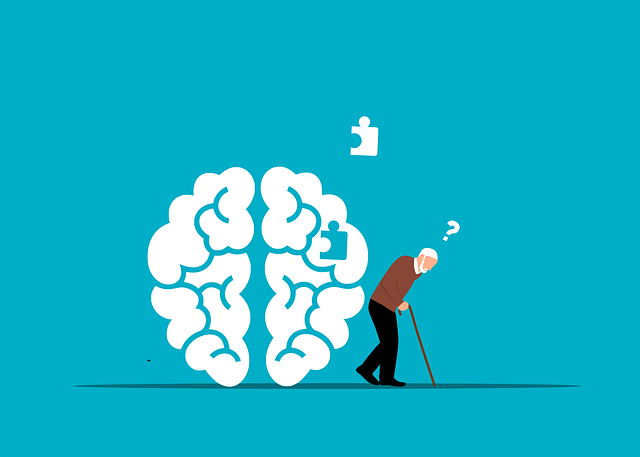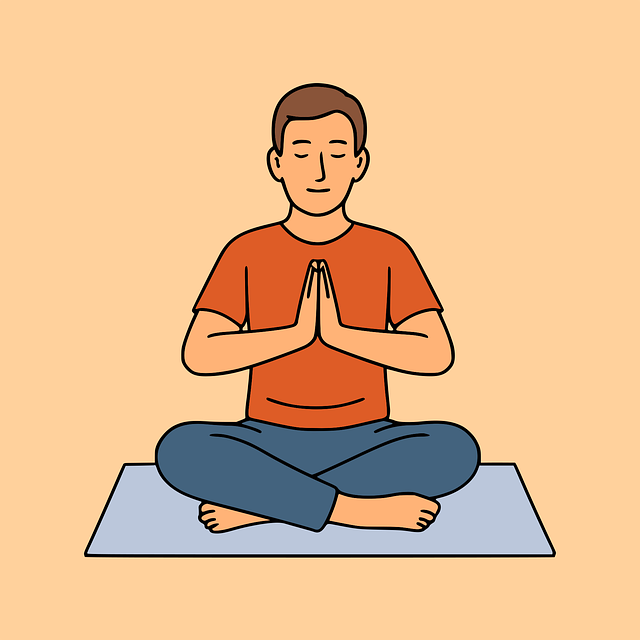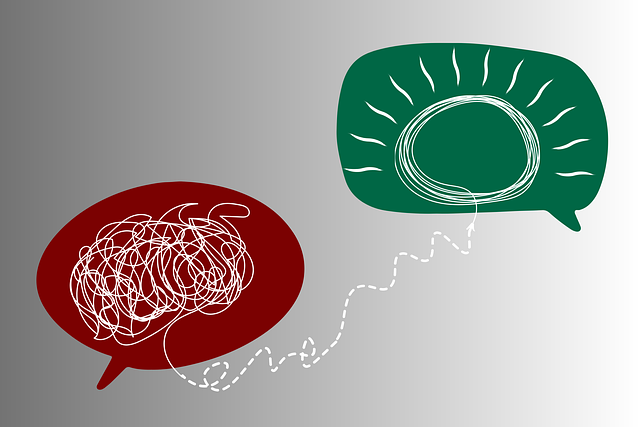Phobias significantly impact daily life with intense fear or anxiety towards specific objects/situations, often disproportionate to the threat. Effective management through therapy like Cognitive Behavioral Therapy (CBT) challenges negative thought patterns and teaches stress management tools. CBT's exposure therapy gradually exposes patients to fears in safe environments. Keeping a mental wellness journal tracks progress, reflects on successes, and provides valuable insights for further development. Coping skills, built through therapy incorporating cognitive-behavioral techniques, mindfulness, and public awareness campaigns, are crucial for resilience and maintaining mental well-being. Specialized therapies like Eye Movement Desensitization and Reprocessing (EMDR) and stress management workshops aid in confronting fears and improving overall well-being.
Phobias can significantly impact daily life, causing intense fear and avoidance. This article explores coping skills development, focusing on understanding phobias, building resilience, and effective therapy approaches. By delving into these aspects, individuals can enhance their ability to manage and overcome specific phobias, leading to improved mental well-being and increased quality of life. Effective therapy for phobias plays a pivotal role in this process, offering practical strategies to confront and conquer fears.
- Understanding Phobias and Their Impact
- Coping Skills: Building Resilience
- Therapy Approaches for Overcoming Phobias
Understanding Phobias and Their Impact

Phobias are intense fears or anxious reactions to specific objects, situations, or creatures, often out of proportion to the actual threat they pose. They can significantly impact daily life, causing individuals to avoid certain places or activities, leading to feelings of isolation and limiting their overall quality of life. Understanding phobias is the first step towards coping; these fears are more than just a simple dislike—they are powerful emotional responses that can be challenging to overcome alone.
Therapy for phobias, such as Cognitive Behavioral Therapy (CBT), offers effective guidance in managing and eventually overcoming these intense feelings. CBT helps individuals identify and challenge negative thought patterns associated with their phobia, providing tools for stress management and emotional intelligence. Through exposure therapy, patients can gradually face their fears in a safe environment, reducing anxiety over time. Additionally, keeping a mental wellness journal and engaging in regular journaling exercises can be beneficial; it allows individuals to track their progress, reflect on successes, and provide valuable insights for further development, supporting overall coping skills and mental health.
Coping Skills: Building Resilience

Coping skills are a pivotal part of building resilience, enabling individuals to navigate life’s challenges and maintain mental well-being. By developing effective coping mechanisms, people can better manage stress, anxiety, and even phobias. Therapy for phobias, for instance, often focuses on teaching patients practical coping strategies to confront and overcome their fears. This process involves a combination of cognitive-behavioral techniques, exposure therapy, and mindfulness practices.
Public awareness campaigns play a crucial role in promoting the development of coping skills by educating individuals about mental health issues and providing tools for self-care. Such initiatives foster a culture of support and understanding, encouraging people to seek help early on. Moreover, risk assessment is an essential aspect for mental health professionals; they must evaluate clients’ coping strategies to tailor treatment plans effectively while ensuring anxiety relief and overall well-being.
Therapy Approaches for Overcoming Phobias

Overcoming phobias often involves specialized therapy approaches designed to help individuals confront and manage their fears effectively. Cognitive-Behavioral Therapy (CBT) is a widely recognized method for treating phobias. It focuses on identifying and changing negative thought patterns and behaviors associated with the fear. Through gradual exposure to the feared object or situation, CBT enables clients to develop coping strategies and reduce anxiety responses. This process empowers individuals to face their phobias head-on and regain control over their lives.
In addition to CBT, other therapeutic techniques like Eye Movement Desensitization and Reprocessing (EMDR) have proven effective for specific types of phobias. EMDR helps individuals process traumatic memories that may be at the root of their fear. By combining guided eye movements with recall of the traumatic event, this therapy facilitates emotional regulation and reduces the intensity of associated anxieties. Moreover, self-esteem improvement techniques and stress management workshops can complement these therapies, offering individuals valuable tools for enhancing resilience and overall well-being in the face of phobias.
Developing coping skills is an empowering journey that can significantly enhance one’s ability to navigate life’s challenges, including phobias. By understanding and addressing these fears through various therapy approaches, individuals can build resilience and reclaim control over their lives. Effective therapy for phobias equips people with the tools to face their fears head-on, fostering personal growth and a deeper sense of well-being.














